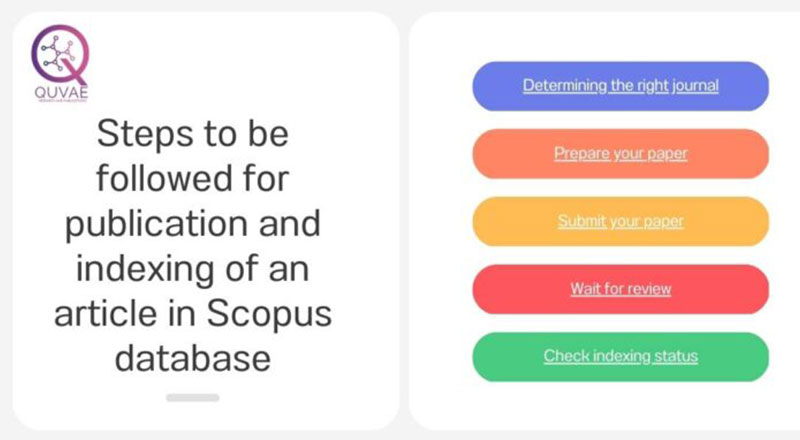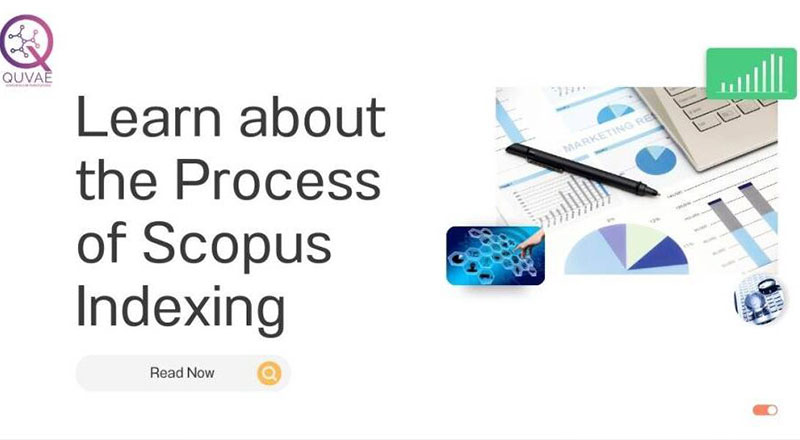Indexing articles in the Scopus database involves an extensive review of their content. First, the article was evaluated by an editor for its relevance and quality. The team will evaluate the title, abstract, and keywords to determine if an article meets the criteria for inclusion in the database. Once approved, the article is assigned a unique identifier and indexed according to its subject, author, publication date, and other relevant data of the process of scopus indexing.
The indexing process helps researchers to quickly locate relevant articles in a database. To ensure accuracy and completeness, Scopus assigns indexing criteria to each article in the database, such as the peer-reviewed status, document type, language of publication, and subject area. This helps researchers to find articles that are most relevant to their research topics.
In addition to indexing, Scopus offers powerful search capabilities to help users quickly find relevant articles. Scopus includes a search function and sophisticated search engine that can be used to refine the search results by author, publication date, subject area, and other criteria. Overall, indexing articles in the Scopus database is a comprehensive process that ensures accuracy and completeness in the results.

Benefits of getting an article in Scopus database
Getting your article into the Scopus database offers many advantages to researchers, authors, and readers. Scopus is a leading abstract and citation database with over 42,000 titles from over 5,000 publishers, and is home to one of the largest collections of peer-reviewed literature. By obtaining an article from the Scopus database, researchers can benefit from the increased visibility of their research and increased chances of citations. For authors, obtaining an article indexed in Scopus can grant additional recognition and improve the chances of citation and subsequent impact.
The Scopus database provides faster and more reliable access to research. Scopus’ algorithms and tools provide readers with a comprehensive overview of the latest research and related information, as well as help detect patterns and trends in research. Additionally, the Scopus indexed journal publication database provides access to a variety of useful metrics and analyses, allowing readers to track the impact and influence of an article and its authors.
Overall, obtaining an article from the Scopus database can offer a wide range of benefits. From increased visibility and prestige to improved access and analysis, getting your article into the Scopus database can be an invaluable asset for any researcher, author, or reader.
Efficient steps to be followed for publication and indexing of an article in Scopus database

Getting publication and indexing of an article in Scopus database is a great way to increase the visibility and reach of your research. The following are a few efficient steps to be followed for publication and indexing of your article on Scopus:
- Determining the right journal: First, it is important to identify the right journal for publishing your research paper. You should opt for a journal that is highly recognized and indexed in Scopus.
- Prepare your paper: After selecting the journal, prepare your paper according to journal guidelines for successful acceptance and subsequent indexing in Scopus.
- Submit your paper: Once the paper is ready, submit it to your journal of choice. Ensure compliance with journal guidelines and include relevant keywords to facilitate the indexing process.
- Wait for review: After submitting your paper, wait for the review process. If the paper has been accepted, the journal will send a confirmation email.
- Check indexing status: After publication of your paper, keep track of its indexing status. This can be done by entering the title of the paper in Scopus.

